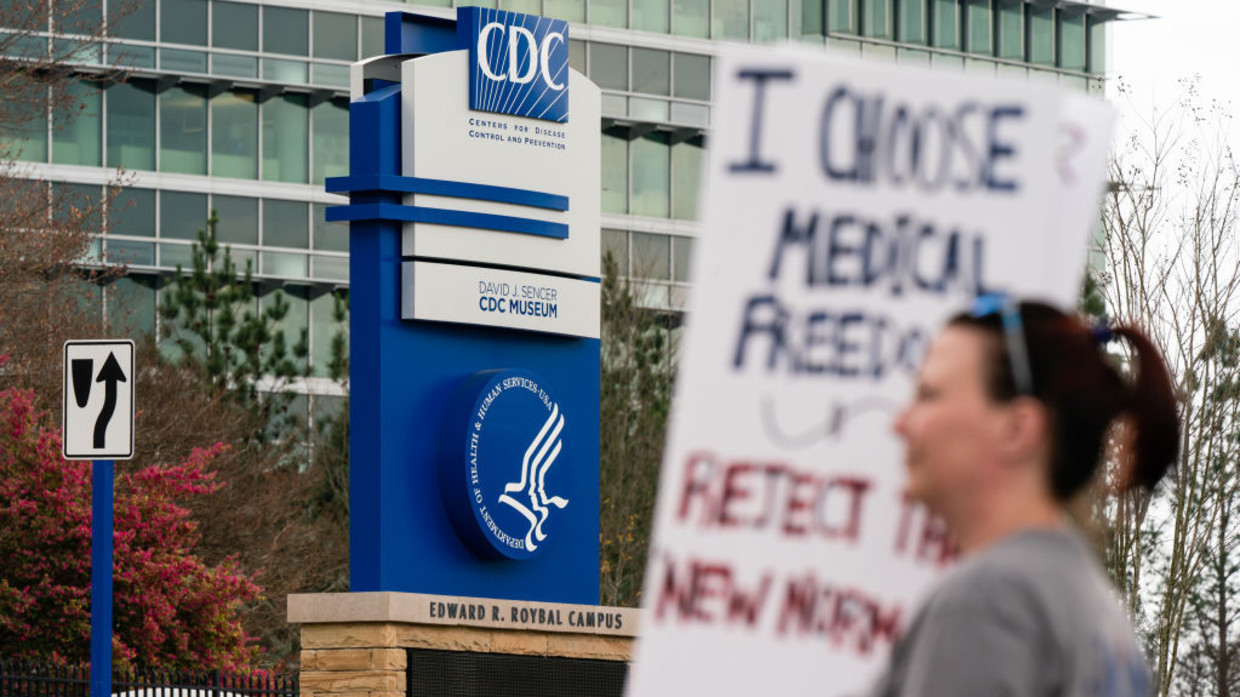The US Centers for Disease Control and Prevention (CDC) has kept reams of its Covid-19 data under wraps for more than a year, the New York Times reports, holding back figures at least partly because it doesn’t trust the public to interpret the information correctly.
The agency’s seemingly selective disclosure came to light in an article by the Times on Sunday. Among the data being withheld is a breakdown of Covid-19 hospitalizations by age, race, and vaccination status. The CDC also chose not to report on such findings as the efficacy of booster shots in 18- to 49-year-olds, even though it collected the information, the article added.
Although it’s the agency leading America’s Covid-19 response, the CDC has published only a “tiny fraction” of the data that it has collected, the Times said. In lieu of US data being made more widely available, experts were forced to look elsewhere for information – such as Israeli figures on booster shots – that would help them make informed recommendations.
CDC spokeswoman Kristen Nordlund told the newspaper that the agency’s data priority has been to collect “accurate and actionable” information. Some data has been withheld because “it’s not yet ready for prime time,” she said.
Such omissions have included figures on Covid-19 infections among fully vaccinated Americans. According to the media report, the CDC has been reluctant to publish those figures because “they might be misinterpreted as the vaccines being ineffective.” Nordlund confirmed that concern as one of the reasons.
Epidemiologist Jessica Malaty Rivera, part of an independent Covid-19 data-tracking project, told the Times that her group had been begging for such information for two years. “We are at much greater risk of misinterpreting the data with data vacuums than sharing the data with proper science, communication and caveats,” she argued.
The CDC has been criticized for a lack of transparency and consistency throughout much of the pandemic. For example, when the agency reversed course on mask-wearing guidance for vaccinated people last summer, it attributed the decision to only “unpublished data.” The New York Time’s revelations about the agency withholding data triggered a fresh round of opprobrium.
“It’s political manipulation of scientific data like this that makes people not ‘trust the science,’” said J. Michael Waller, a senior analyst at the Center for Security Strategy, in a tweet. “It is unscientific to withhold data because people might disagree with your policies.”

